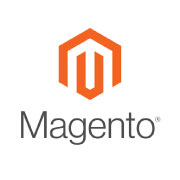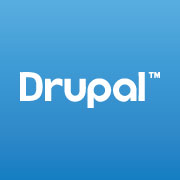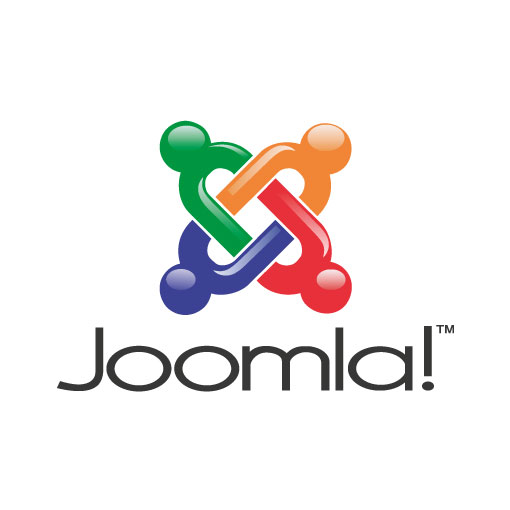Content Management Systems (CMS) are a standard requirement for most clients these days. They provide an intuitive interface for a website owner or employee, even with limited expertise, to add, modify, and remove content from a website without the intervention of a developer.
Over our 15+ years in business, we have seen many CMSs come and go. However, there are a few that have stood the test of time and are highly popular with developers and users alike.
Our experience in using a variety of CMSs has given us significant insight as to what works and what doesn’t when it comes to a user’s interaction with the CMS and what can be produced on the front-end of the website.
These insights led us to develop our ExtraCMS in 2010
The popularity of CMS based applications has significantly increased over the past several years. Through thorough testing, we have identified a core set of CMS options that we would recommend.
However, our research into this field has given us the ability and understanding to be able to quickly switch between or adopt new CMSs at a client’s request.
Let’s take a look at the forerunners

Magento
Magento is the leading software for users looking to create professional eCommerce stores. The open source CMS was launched in 2008 and offers a fantastic solution to create quite complex eCommerce solutions.
Magento is now part of Adobe Experience Cloud, bringing together all of your marketing tech in a single place, so you can do everything from managing content and delivering email campaigns to automating ad buying and measuring success.
Unlike other CMS solutions, it boasts a vast range of functions dedicated to eCommerce operations. These range from marketing, product management, customer management and online payment integration. Magento offers a sophisticated out of the box CMS for web shops.
We are highly adept at creating functional, aesthetically pleasing Magento eCommerce sites, that generate our clients a considerable return on investment and vastly improved sales figures. Our eight+ years experience leading the way in Magento development has given us a wealth of experience, not only in the CMS itself but also in how users shop and interact and engage in a purchasing scenario.
Take a look at our portfolio showcasing some of our recent Magento builds.

WordPress
WordPress is the most popular CMS on the market with a 50-60% share of the global CMS market. It was initially developed as a blogging system but evolved rapidly as developers created plugins that offer further customisation and flexibility.
The software boasts a large user community and, due to its open-source nature, there is an enormous selection of themes & plugins at your disposal.
Its critics will say it’s a little complex and potentially confusing to use. However, we feel for small to medium businesses or organisations it’s a viable solution.
Contact ExtraDigital today to discuss your WordPress project.

Drupal
Initially developed as a student community solution, the modular CMS Drupal is now available as a fully-fledged open-source CMS. It offers a lightweight basic installation, which can be extended with modules.
The incredibly flexible, modular layout is very popular with its users, offering extensive opportunities for customisation. However, while it provides a broad spectrum of extensions, implementation can often be difficult and requires expert knowledge.

Joomla!
Particularly popular in the US, Joomla! is the second most popular CMS. Unlike WordPress, Joomla! offers more comprehensive functionality as standard without the need for extensions.
Good news for users without an IT background is that Joomla! offers fantastic documentation in the form of community-supported handbooks and active user forums.
Joomla! features an object-orientated software design with a user being able to implement plugins, components and modules as they wish. Some will say Joomla! is a little too complicated and the ability to edit from the front and back-end is bothersome.
Working with Joomla and need some expert advice? Call today…
A note on Open-Source Software
Numerous CMSs are available as open-source software, which means the code is freely accessible and can be viewed by everyone. Since users can make changes and improvements as they wish, an open-source CMS can also be adapted to an individual’s requirements. Open-Source applications are often very well supported by communities of developers providing maintenance & development services. In some cases, a user can take advantage of a range of bolt-on applications or plugins to enhance the functionality of their chosen CMS. This is a feature that makes them very appealing to most novice developers.
As an alternative to Open-Source software, you could opt for a Proprietary Software. Here a CMS will be developed by a company and distributed as a commercial project. In most cases, the use of Proprietary Software will involve licensing fees, and the code is not made available to the user.











